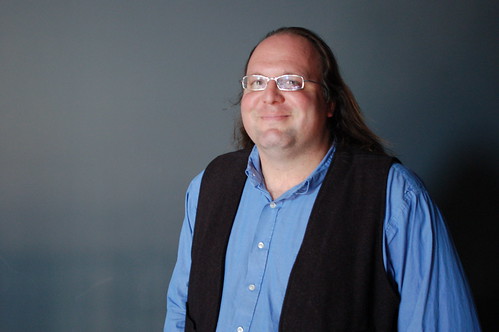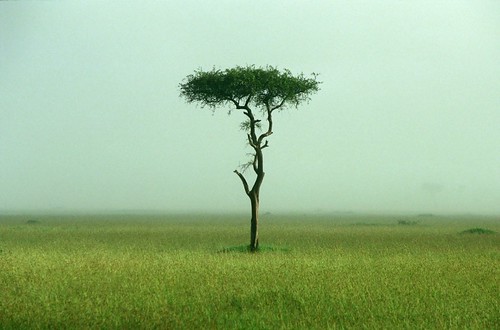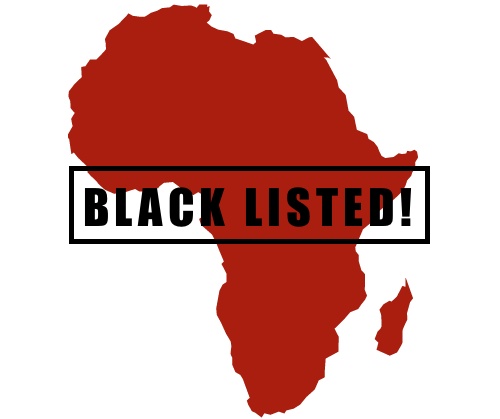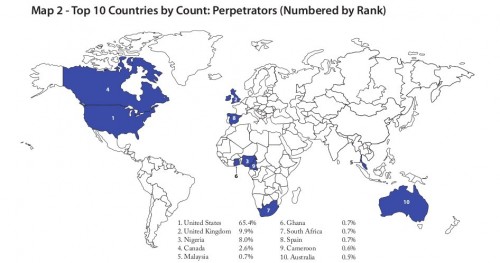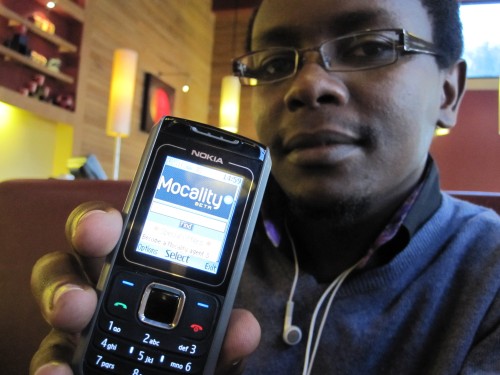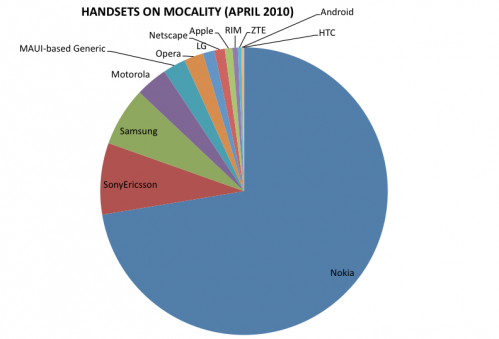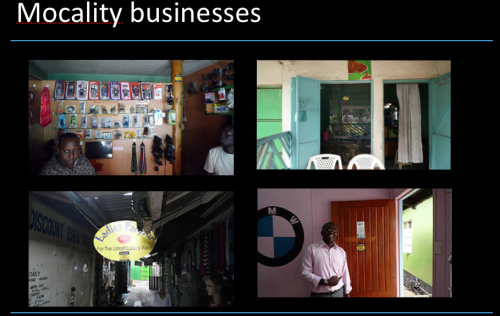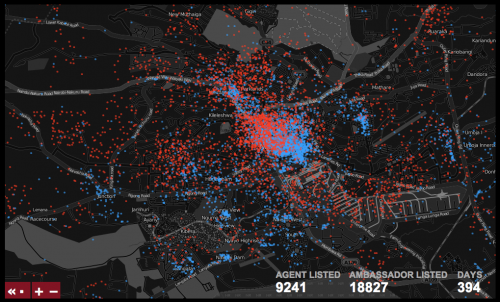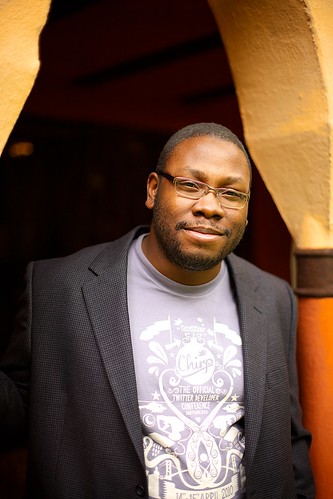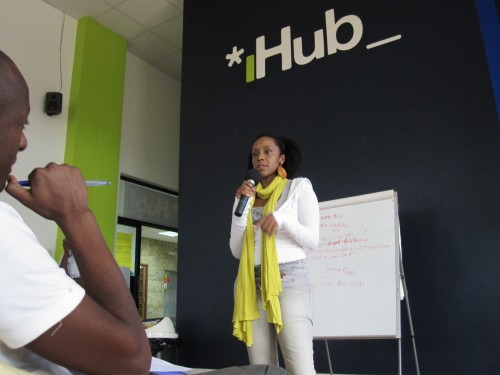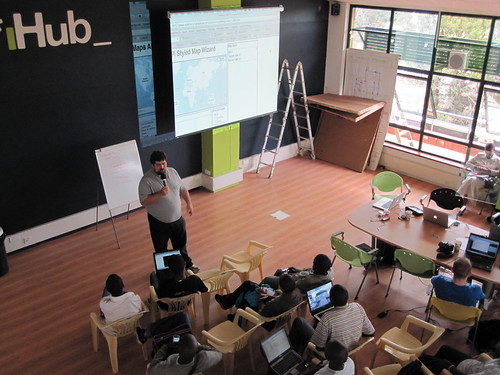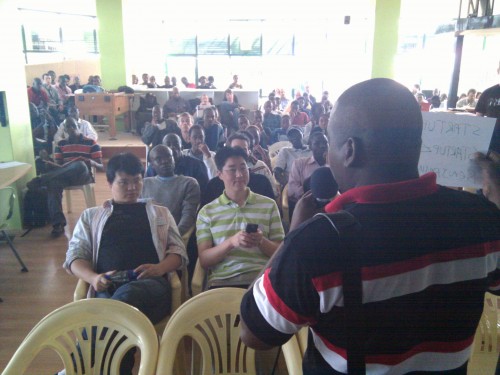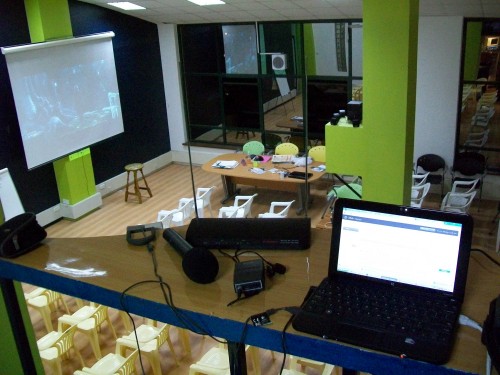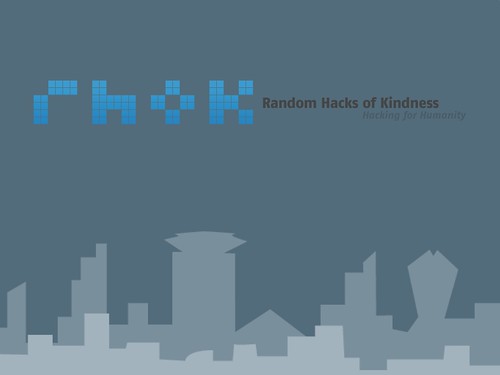Ethan Zuckerman is giving his first TED talk today in Oxford. He’s a long-time friend, a well-known blogger, tech entrepreneur, thinker and visionary. For the last few years he’s been a fellow at the Berkman Center for Internet and Democracy at Harvard. He’s the founder of Global Voices, and one of the best real-time bloggers in the world.
Ethan starts off talking about football, the world cup and Galvao birds and his confusion around this meme coming alive. He also learned that this is a prank, relating to Lady Gaga and also a leading commenter (Carlos Eduardo) for football. The lesson you can take from this, is that you cannot go wrong as long as you ask people to be activists online by only tweeting a phrase.
What happens on the social network, that you choose to interact with the people you want to. Therefore, most people don’t realize how many people of different demographics are online doing things as well. Ethan brings up the fact that 24% of Twitter users are African-American.
The prediction of the past decade were that there was a utopian vision for the future online. He brings up Negroponte’s “Being Digital” book.
It turns out that in many cases, atoms are much more mobile than bits.
We look at the infrastructure of visualization. From a macro-level view, it looks like everything is flat and connected. However, when you look at what actually happens, you realize it’s not all what it seems. There’s a virtual sky-bridge between London and New York, but not Africa.
International news is another area, one that Ethan is very interested in, where we see that the amount of international news in the US is less than any time in the past. It turns out that new media isn’t necessarily helping us that much. He shows a map of the total number of Wikipedia articles that have been geocoded. In the UK you can pick up a newspaper and read news from everywhere in the world. You probably won’t. You’ll read your own.
Imaginary Cosmopolitanism – we have the ability to see and read about things happening all over the world, and the infrastructure to do it, but we don’t.
Global Voices is his project to bring together news from all over the world using bloggers from those areas. Raising Voices is a program run by GV to get more people working on social media, especially blogging. Ethan brings up Foko in Madagascar as an example.
Global Voices is also about translation in these other countries. He brings up Yeeyan in China who pick articles every day and translates them into Chinese (due to the horrible news coverage). He asks, if there is Yeeyan for Chinese, where is the group translating from Chinese to English?
“The wisdom of the flock” – congregating around news with people who are probably very similar to you. Skilled human curators are able to do this, they are virtual DJs who bring together information and news that push people outside of their norm.
AfriGadget image brought up. He talks about my work around blogging in Africa and that I’m a bridge figure (blogged before by Ethan). The bridge figures are the way the world will get wider on the web.
Xenophiles are different, they’re people interested in areas of the world that their normal demographic isn’t. They then visit and translate that world to others.
We have to figure out how to re-wire the systems that we have.
